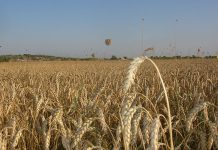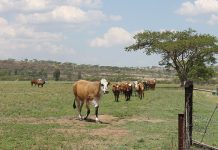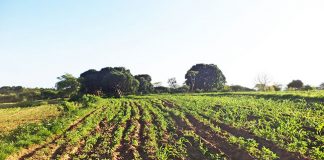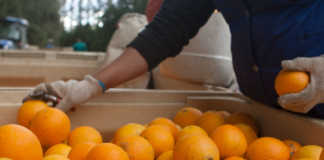Since farming operations are located mostly within rural economies, it seems logical to assume that growth and development of the agricultural sector would be a catalyst for rural development.
However, research carried out by the University of the Western Cape’s Institute for Poverty, Land and Agrarian Studies (PLAAS) has shown that there is not necessarily a direct correlation between agricultural development and inclusive rural economic growth and job creation. What matters is the manner in which agricultural development is achieved.
A policy brief titled, ‘Can Agriculture contribute to Inclusive Rural Economies? Findings from Southern Africa’, by Andries du Toit of PLAAS, states: “If agricultural development is to contribute to economic growth, it has to do more than increase the productivity or efficiency of farming. It also needs to contribute to employment in the rural non-farm sector”.
However, according to Du Toit, instead of promoting rural growth, the increases in the “intensity, efficiency or competitiveness of agriculture often push large numbers of people off the land”.
Since opportunities for these people to find alternative employment in urban areas is scarce, agricultural development that does not support the development of an inclusive and diverse rural non-farm economy essentially robs them of their ability to secure a livelihood.
The PLAAS research report, ‘Space, Markets and Employment in Agricultural Development: South Africa Country Report’, by David Neves and Cyriaque Hakizimana, presents some disturbing conclusions.
According to the report, there is little evidence of a positive relationship between agriculture, agricultural development and employment or poverty outcomes in South Africa.
Instead, the research found that the type of agricultural development that is taking place is likely to be accompanied by lower rates of employment – which has wider implications for the generation of rural non-farm employment.
“In its current form, agriculture is likely to continue to generate inequality and be constrained in its ability to contribute to the growth of the local rural non-farm economy. South Africa thus presents a context where agriculture and agricultural development fail to stimulate the local rural non-farm economy,” the report stated.
The South African agricultural sector, which has firmly positioned itself as the custodian of food security in this country, will have to examine the findings of this research carefully.
Given the precarious political environment in which local farmers operate, failure to prove that agriculture also has an overwhelmingly positive impact on inclusive rural economic growth and job creation could mean that even the little support that commercial farming currently gets from government will vanish completely.













